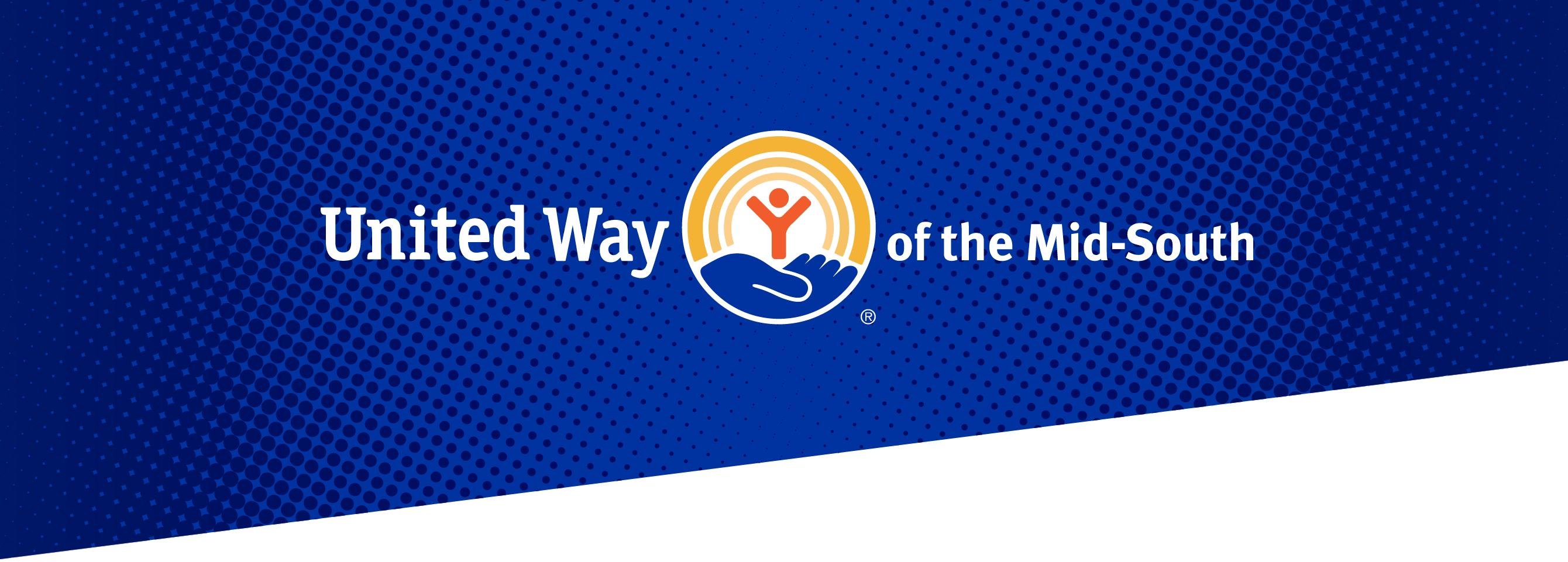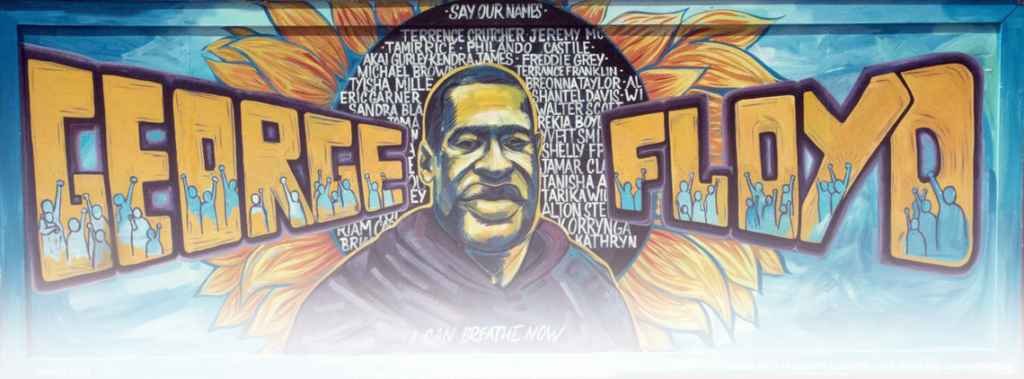For the last five years, our United Way of the Mid-South has chosen to place our highest priority on addressing the challenges facing our neighbors who are living in poverty. We’ve known that, given the many needs of individuals whose families have experienced multi-generational poverty, we could have even greater impact by becoming laser-focused on “improving the quality of life for Mid-Southerners,” as our mission states, for those who have been so adversely affected by the socioeconomic disparities in our community. So, helping individuals “move from where they are to where they dream to be” became our mantra for supporting, effectuating, conceiving and implementing systemic approaches to advance economic mobility.
Unfortunately, the marquee subject may change – entrenched poverty, institutional disinvestment, COVID-19 vulnerability, and – in the last few days – structural injustice. But the people who have been historically and continuously affected remain the same. They are those whose life experiences suggest that they are among the disenfranchised, personally disrespected and socioeconomically discounted. Now three months into the COVID-19 crisis, the pervasive devastation of the pandemic has only widened the gap between social classes. “Unprecedented” has become code for the deepest penetration into our community in our lifetimes of the associated disease, death and disruption of livelihoods; even while “disproportionate” has even more so characterized the disparate impact of COVID-19 on people of color. Yes, the subject has been changed by the highly visible, irrefutable, “unprecedented” public display of what all of us accept as the unlawful, rogue actions that led to the death of George Floyd. But the greatest wave of collective anguish, activism, and advocacy for justice has come from those who have been – again – historically, continuously, and “disproportionately” affected.
At our United Way, “Driving The Dream” has meant capitalizing on our deep relationships with non-profits; intentionally facilitating, creating and incentivizing equitable access to the supports and services which the disproportionately impacted desperately need to finally advance toward the achievement of their dreams of self-sufficiency. We have built a systemic solution on behalf of the people who populate all the statistics we quote, that will functionally improve their quality of life.
We’re committed to systemic change. It’s because we know well that increasingly underfunded programs operating in silos won’t alter the future for many among whom we live and work… won’t relieve the underlying tensions and frustration among marginalized people of color… won’t bring equal justice under the law… won’t eliminate deep, institutional social inequities, nor intransigent racial disparities – around everything; health, employment, education, entrenched and multigenerational poverty. “Where we are” as a community is definitely not “where we dream to be.”
The need is great, and will become even greater over the next few months, for the United Way of the Mid-South to do what we do. 53 years ago, Dr. King poignantly asked this nation, “where do we go from here; chaos or community?” For us, the answer cannot be chaos. Our calling is to build community; to effectively connect the dots and foster collaboration among our community-based nonprofit human services agencies. Being “all in this together” will finally drive the dreams and transform the lives of individuals and families who today are hurting more than ever. Our prayers – but also our priorities – are with them.
Members of the Board of Directors
Rev. Kenneth S. Robinson, M.D., President & CEO, United Way of the Mid-South
Jean M. Morton, Chair
Christopher S. Anderson
Darrell Cobbins, Universal Commercial
Roland Cruickshank, Methodist University Hospital
Cathy Culnane
Scott Fountain, Baptist Memorial Health Care Corporation
JW Gibson, Gibson Companies
Dr. Alisa Haushalter
Mary Ann Jackson
Melanie Keller, Meritan, Inc.
Ursula Madden
David C. May, Regions Bank
John H. Pettey III, Raymond James & Associates, Inc.
Nataline Purdy
Cathy Slater
Randy J. Stokx, Deloitte & Touche LLP
Leticia ‘’Tish’’ W. Towns
Craig L. Weiss, Tower Ventures/Central Defense Security & Staffing
Richard M. Wright
Jarl “J.T.” Young



